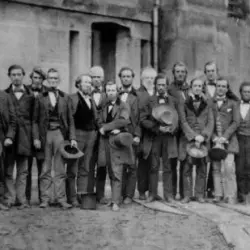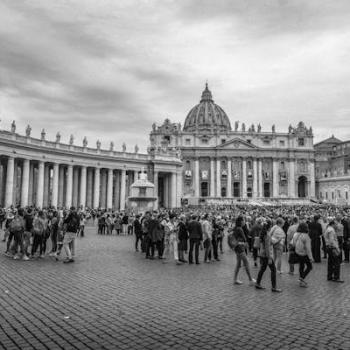In the case of Christmas (I'll speak only for the holiday I know best), believers are expressing what it means to believe that God became a human being when Jesus was born. Yes, it's a radical claim—no less so today than when Christians first starting talking about it among their peers a couple of millennia ago. Yes, it's easy to make fun of, and it's easy to make Christians mad by attacking that belief. But it's bad citizenship. Of course the same goes for attacking other religious groups' beliefs in uncritical, public ways.
Twenty-first century tolerance has to start with a deepening of understanding of religious traditions and what desires lead people to practice religious spirituality. Unlike the "least common denominator" approach of last century, which amounted to a stripping of religious language in the vain search for a bland uniformity—a move that arguably contributed to driving religion out of the public square and therefore toward extremes—this approach allows for the full expression of religious faith. Only where faith is allowed to thrive can it mature, enter into dialogue with others, and contribute to a healthy society.
Public expressions of faith need not be angry; they arise out of religious groups' desire that others learn about their roots. The right kind of tolerance can lead to a vigorous public conversation about religion, rather than the ostracism of this most meaningful dimension of people's lives from the public square.




